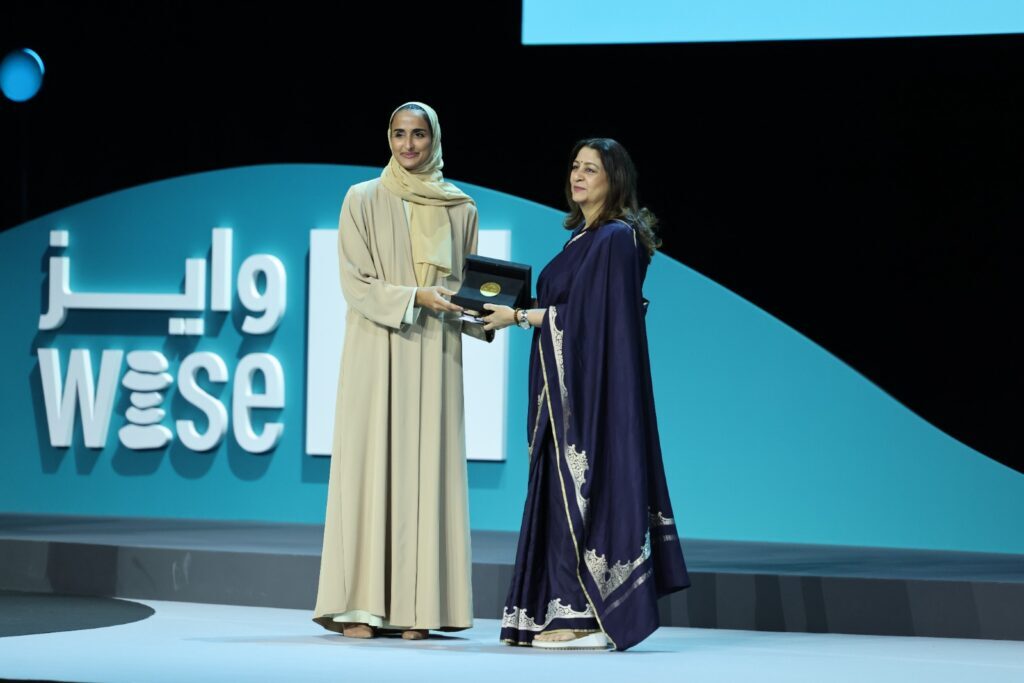NGOs, EFF call on Basic Education Minister to fulfil a 10-year-old promise to fix ailing schools infrastructure
Johnathan Paoli
Civil society organisations, including Equal Education, Section27, The Bookery and Right2Protest, on Wednesday called on the Minister of Basic Education Angie Motshekga to urgently fulfil the legal obligations set out in the Norms and Standards for Public School infrastructure, which she signed into law 10 years ago.
29 November 2023 marks 10 years since the Norms & Standards for Public School Infrastructure was published.
“This letter expresses our concern and disappointment that despite it being 10 years since the promulgation of the Regulations relating to Minimum Uniform Norms & Standards for Public School Infrastructure, many schools’ infrastructure conditions have not improved,” the letter read.
EE said that despite this important law, the government continued to struggle to ensure all learners have access to quality schooling, leaving many school communities to contend with deplorable infrastructure conditions.
Earlier this month, Equal Education released a 48-page report under the title “Schooling under Unusual Conditions: Research into how school infrastructure shapes teaching and learning in SA”.
The report sought to examine the relationship between infrastructure and teaching and learning, using a nationally representative sample of individuals aged 20 and younger and drawn from the 2019 General Household Survey.
The report found that a review of the empirical literature showed that the physical conditions of schools, including classroom size, affect schooling outcomes, although the impact varies widely across contexts.
The report said that nearly three decades into democracy, the post-apartheid government was still struggling to undo the inequalities in the schooling system that were created by the apartheid regime.
The report continued that the quality of schooling was compromised because pupils were not gaining enough of the basic skills and knowledge needed for further education or to lead productive lives.
“Generally, insufficient classroom infrastructure or overcrowding conditions (measured as classes too big/too many learners) emerged as a consistent and important environmental factor at the school level, with a negative impact on motivation for both learners and teachers,” the report read.
Equal Education said the Department of Basic Education committed to replacing all schools constructed from inappropriate materials, including mud, asbestos, zinc, and wood, and to provide schools with electricity, running water, and proper sanitation facilities by 2016.
Sufficient resources including classrooms, electricity, running water, and functional toilet facilities, in order to supply schools with electronic connectivity (telephones and the internet) and perimeter security (fences) by November 2020 as well as providing schools with labs and libraries by November 2023.
The civic organisations expressed their deep concern over school infrastructure backlogs, especially sanitation backlogs, despite focused interventions like the Accelerated School Infrastructure Delivery Initiative (ASIDI) and the Sanitation Appropriate for Education (SAFE) initiative.
EE held that 728 schools across the Eastern Cape, Limpopo and KwaZulu-Natal still relied on pit toilets as their only form of sanitation and that education departments have consistently missed key targets, including those for libraries and laboratories by 2023, as well as those set for 2020 and 2016.
The organisation said that 82% of schools do not have a laboratory, while 74% of public schools lack a library, and the ones that do have libraries are often inadequately stocked, in a country where 81% of children cannot read for meaning in any language by the age of ten.
“The consistent failures to meet the deadlines in the regulations not only represent missed opportunities to address the historic backlogs endangering the lives and future of learners but also missed chances to improve learning outcomes in the sector,” the open letter read.
EE said that although they recognised that lack of funding has been cited as the reason for the provincial and national departments of basic education’s failure to achieve targets and plans, particularly regarding school infrastructure, the sector needed to take responsibility for its spending problem that leads to poor service delivery.
“Even though funding for basic education is insufficient to address the numerous issues, both national and provincial education departments are notorious for irregular, wasteful, and fruitless spending,” the letter read.
In addition, the organisation said that before the discontinuation of the National Education Infrastructure Management System (NEIMS) reports, public data on infrastructure backlogs was frequently inconsistent with current realities, and that it not only hindered civil society’s ability to hold education officials accountable but suggests that departments do not know the true extent of the crisis they are meant to address.
EE further said that adequate school infrastructure was a critical component of the full enjoyment of the right to basic education, an immediately realisable right that requires proactive measures for its progressive realisation.
“Persistent infrastructure backlogs not only infringe on learners’ constitutional right to basic schooling; they threaten the achievement of the Sustainable Development Goal 4 target of ‘free, equitable and quality primary and secondary education for all girls and boys leading to relevant and effective learning outcomes by 2030’,” the letter concluded.
Apart from realising the targets of the Norms, the open letter also called for the national and provincial Treasuries to prioritise and provide adequate infrastructure funding, as well as for the DBE to conduct a thorough audit of schools to ascertain the true extent of the infrastructure crisis.
INSIDE EDUCATION

